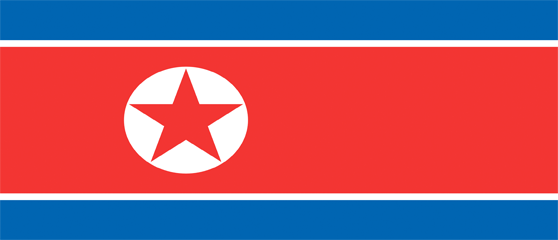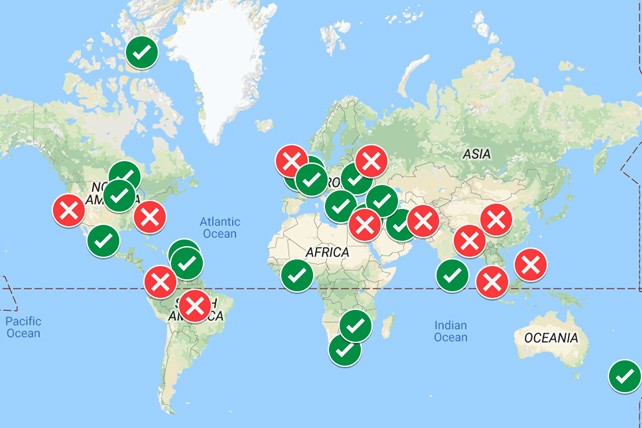Drug use is even more pervasive in North Korea than previously thought, according to new information presented by a South Korean research centre.
At a seminar in Seoul in early December, Lee Gwan Hyeong revealed the unanticipated findings of his team’s research into North Korea, the country officially also known as the Democratic People's Republic of Korea (DPRK). Around one in three people in DPRK consumes substances that are internationally recognised as illegal, with methamphetamine being the most popular drug of choice.
Lee is a researcher at the Database Centre For North Korean Human Rights (NKDB), a South Korean research centre which vows to expose the human rights violations of the DPRK government, and “protect and support the victims of these cases”.
The research, which NKDB primarily undertook by conducting numerous in-depth interviews with DPRK defectors, should not be considered conclusive. The secretive nature of the DPRK regime prevents clear information about its citizenry from becoming international public knowledge. Additionally, the obviously politicised nature of the South Korea-DPRK relationship casts some doubt on the objectivity of research conducted by groups loyal to the former.
Nonetheless, information from the NKDB suggests an internationally unprecedented rate of people using methamphetamine, locally known as “bingdu”.
“The problem is particularly severe because the distribution and availability of drugs has become ubiquitous throughout the country. A huge proportion of the population – independent of age, sex, or class – has become an active user of [methamphetamine]”, Lee explained.
Lee’s research suggests that prevalence of drug use is particularly high in the national capital, Pyongyang, where one DPRK defector claimed "people look at you funny if you don't do drugs".
As with most of the DPRK’s public policies, its drug laws are unclear. According to regional publication Daily NK, the regime reclassified illegal drugs as "commodities" in 2003, allowing for their legal production, sale, and use.
International health professionals increasingly regard the legal regulation of illicit drugs as an effective approach for reducing the harms of drug use, and improving public health. However, it is vital for such an approach to be accompanied by both education and harm reduction tools (such as the provision of sterile equipment), and that drug use is not encouraged by the state.
There is little evidence that the DPRK regime is providing an approach that reduces the harms of drug use. Yang Ok-kyung, a social welfare professor who has surveyed over 1,400 DPRK defectors on the subject, claims that the regime has no system to “cure and prevent” drug addiction.
The NKDB corroborated this: “As North Korea does not have the possibility to solve drug addiction, many North Koreans are simply continuing to use drugs despite the negative effects on their mental and physical health”.
Rather than attempting to reduce problematic drug use among its citizens, the DPRK regime may be actively encouraging it. There is significant evidence to suggest that the regime has been involved in opium and methamphetamine trafficking for decades. Due to the unpredictability of international trafficking, the regime may be attempting to earn more money and build a larger consumer base by encouraging domestic drug addiction.
It can be difficult to draw conclusions on policy issues relating to DPRK due to the lack of available data. Regardless, the NKDB’s research indicates that problematic drug use is a significant threat to people’s lives. Without harm reduction provisions, this could lead to a health pandemic of unprecedented proportions.


